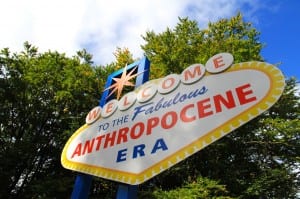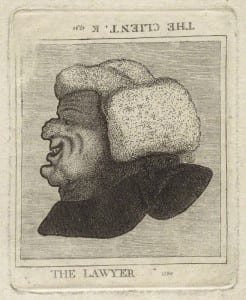On the 17th March, the C19 Interdisciplinary Research Group will feature two Lincoln PhD students talking about their current research.
We will be in room MB1012. Doors open at 5pm and the papers will begin at 5.15pm. Refreshments will be available.
Please find details of the two papers below.

Michelle Poland, “A Perilous Prognosis: Introducing ‘Ecological Dismemberment’ in the Franklin Expedition and Mary Shelley’s The Last Man”
The EcoGothic is an emerging subcategory of critical inquiry uniquely equipped to capture fears about human produced environmental degradation. It is curious, then, that the Anthropocene has been thus far largely neglected by the EcoGothic, given its perilous prognosis. This paper begins by considering just one of the ways in which this new geological epoch might recast our readings of Gothic narratives, revealing the nightmarish underside to humanity’s exploitative ways. By borrowing some theoretical framework from Carol J. Adams’ thesis, The Sexual Politics of Meat, I tentatively introduce the concept of ‘ecological dismemberment’ and briefly explore the ways in which it pervades the culture and literature of nineteenth century Britain, a period of seismic industrial, mechanical, and technological growth. Drawing on the 1845 Franklin expedition and Mary Shelley’s The Last Man (1826), I argue that Adam’s theory of dismemberment, one that links the carving up of meat and sexual violence, a “cycle of objectification, fragmentation and consumption”, can be further applied to the oppression of the broader more-than-human world. As discussion unfolds, it becomes clear “the earth is a single vast ecosystem that we destabilise at our peril”

Grace Harvey, “Robert Bage and The Economics of Friendship”
Throughout the late eighteenth-century Robert Bage, a radical writer and paper-maker from the West-Midlands, relied significantly upon his friends to avoid financial ruin; however, these friendly interventions would have far-reaching consequences into their sympathetic relations. Paying particular attention to Bage’s relationship with his childhood friend William Hutton, a central figure in West-Midlands radicalism and Bage’s sole customer, this paper will consider how questions of obligation and the distribution of power, that arise from their financial transactions, have a clear influence upon their friendship. Their correspondence reveals how these concerns trouble Bage and more significantly include his explicit attempts to reconcile their friendship.
Further questions will consider how these letters begin to illuminate readings of Bage’s 1792 novel, Man as He is. Like Bage attempts to navigate the demands of obligation to both his customer and his friend, so to do protagonists Sir George Paradyne and Mr Lindsay, who compel us to question what motivates action, and whether this is anchored in sympathy or financial prosperity. His fervent discussion of these complexities culminates in the notion that friendship is necessary to these commercial endeavours in the attempts to overcome antagonistic class politics.
Recent Comments